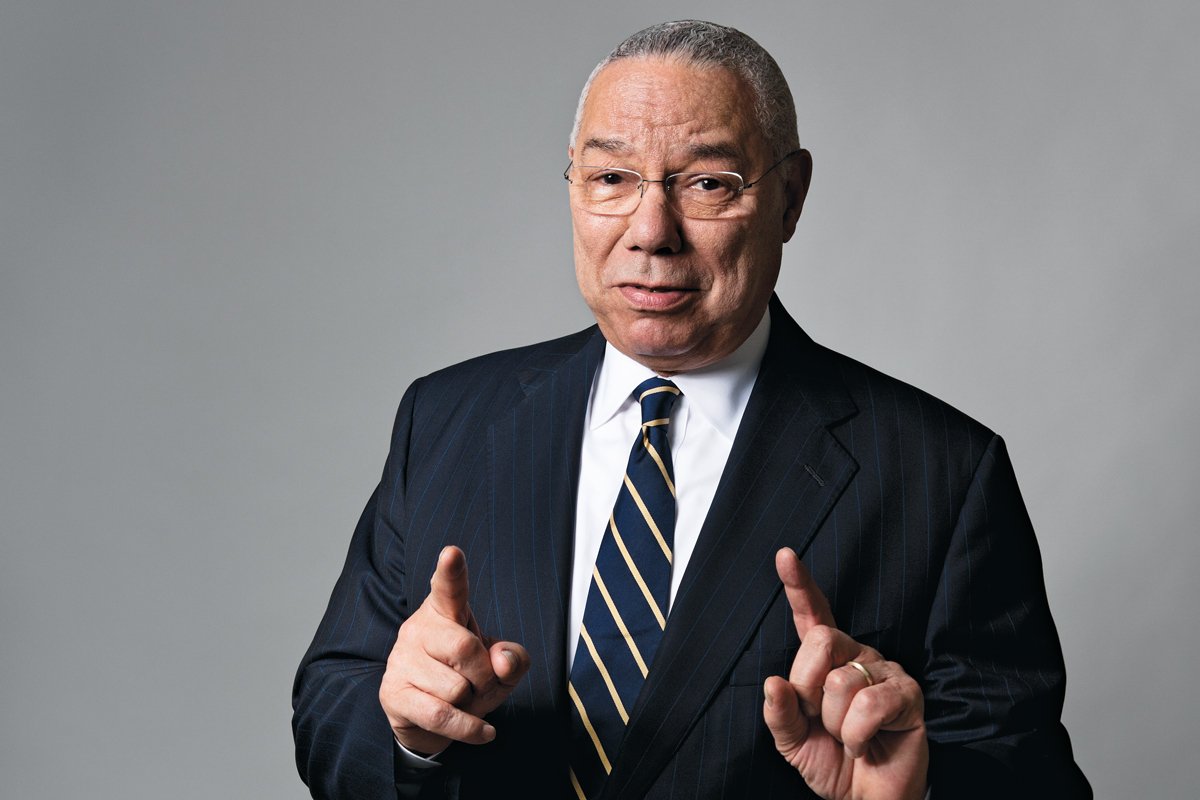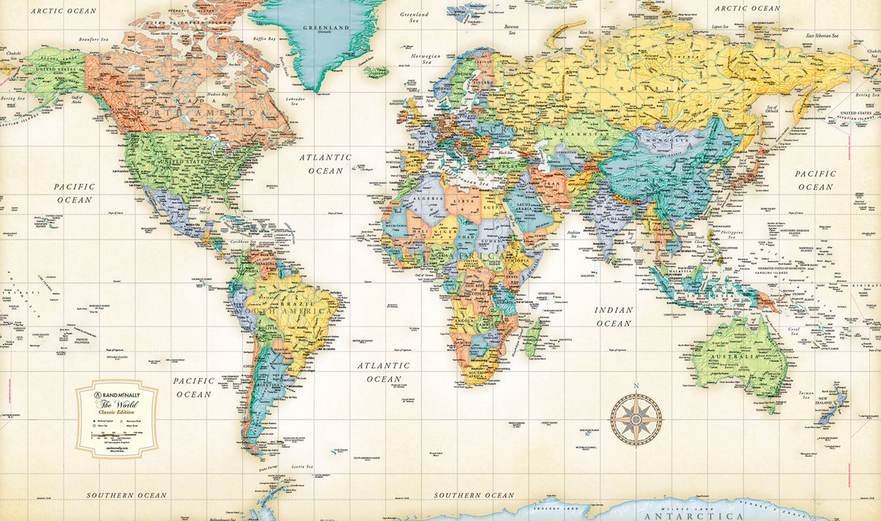Are You a Storyteller or a Storycatcher? (ask your driver!)
|

|


I’ve been visiting Beaver Island my entire life. A small island in Lake Michigan accessible by ferry from Charlevoix (no, it’s not Mackinac). There’s one main road, no stop lights, and only one grocery store.
And a lot of people who wave. Drivers wave to other drivers…and to pedestrians and to cyclists. And people wave back. It doesn’t matter if you live here or if you’re just visiting, people wave to you. (Of course, with about 600 people on an island the size of Manhattan, waving is manageable.)
So why do people wave to each other (on or off the island)?
Motorcyclists wave, typically with two fingers pointing downward to signify “stay safe.” And Jeep drivers wave to convey respect. Our commonalities – motorcycles, Jeeps, Beaver Island – help us quickly identify those who share a kindred spirit. We wave to acknowledge the tribe, the community that our commonality creates.
So then what stops us from waving more often?
What if we waved without expectation?
What if we waved simply to help others feel welcomed, acknowledged, and connected? What if we waved to create a kindred spirit instead of waiting for a kindred spirit before waving? All the waving on Beaver Island reminds me that humanity can actually be our commonality.

|


Colin Powell (retired four-star general in the US Army) once said, “The day the soldiers stop bringing you their problems is the day you stopped leading them. They have either lost confidence that you can help them or concluded that you do not care. Either case is a failure of leadership.”
Like you, I run a team. I get it. We’re busy. And sometimes we wish people would just figure out their own jobs, and stop dumping problems at our feet. We have enough of our own!
And then Colin Powell’s admonition gives us pause. Imagine the silence we would experience if our people stopped reaching out for our guidance and partnership. If our phone goes silent, we failed.
But this doesn’t mean that we are required to rescue people.
But we better hope they keep seeking our assistance.
And here’s how we can encourage our people to do just that:
Regardless of how busy and stressed we are, we want our “soldiers” to call on us. We want them to have confidence in us as their intrepid leader. We want them to know that we always care about their success.
That’s how we earn the title “boss” day after day.

Last weekend I cycled through the glorious hills of Killington, Vermont to raise money for Vermont Adaptive Ski & Sports, a non-profit dedicated to empowering individuals with disabilities to participate in adaptive sports programs and activities. (www.vermontadaptive.org)
Admittedly, it was not an easy ride. The hills were steep and plentiful. The cracks in the road made NJ potholes seem innocuous. It was raining. The wind was in my face. I was freezing. And my legs were feeling sore already.
And then I met the people we were cycling for…. those who could not see, hear, talk, or pedal on their own. They were not, however, on the side of the road. They were on bikes participating in the ride!
And suddenly I got a jolt of perspective.
Some people looked outside on the morning of the ride and decided not to go because it was raining. They didn’t want to get wet. They didn’t show up because of their circumstances.
I got the privilege of cycling with people who showed up in spite of their circumstances.
And I met the amazing volunteers who showed up without any thought to their own circumstances. They came to create an experience for and boost the confidence of those with disabilities.
Ironically, I registered for the ride to make a difference with some fundraising. But witnessing people’s unshakable commitment and courage made the perspective-altering difference for me.
When was the last time you showed up in spite of circumstances?


I’ve been hooked on Katie Couric podcasts lately.
What I love most about Katie is her rabid curiosity. She is masterful at shining the spotlight on others. And when someone shares an experience similar to hers, she never steals the spotlight with, “That happened to me too. Let me tell you my experience…”
When someone tells us their story and we jump in with our own story, we are guilty of spotlight stealing.
We don’t do it maliciously, and (typically) we don’t intend to be rude. We actually share our just-like-me stories because humans connect based on similarities. We pivot to our story – which is just like theirs – because we want to bond.
But in doing so, we inadvertently steal the spotlight. We grab the microphone. We push them off the stage.
To truly develop a connection with someone, we need to keep the spotlight on them until the bulb flickers and fades.
How?
It takes a conscious effort not to steal the spotlight, but the boon to the relationship is worth it:
And because of that increased trust, they more readily disclose information to us. We gain access to their beliefs, knowledge, and attitudes, thus further strengthening our bond and our ability to make a difference.
Don’t worry. We’ll get our turn on the stage. But remember, our power to connect and influence lies in letting someone else have the spotlight. Just watch Katie Couric in action!


I grew up with maps. Big, bulky, beautiful, Rand McNally maps. And a globe. These taught me to look for details while appreciating the big picture.
Today our smartphones have map applications, offering precise turn-by-turn directions. With only a small screen, we can get to where we’re going and never care what city we’re driving through.
But to see the landscape using a map app, we need to zoom out.
When we’re constantly zoomed-in at work and in our lives, we are gripped by small screens and small issues. And our sense of curiosity atrophies in the wake.
We unwittingly neglect what’s outside the small screen or the small issue. We read information online without questioning its veracity or source, we stop noticing our surroundings, we become indifferent to the people around us.
And then we miss the meaning… unless we zoom out!
What does it mean to zoom out?
Our obsession with screens (literal and figurative) creates our myopia. Being incessantly zoomed-in shortchanges our ability to make a difference, because we lack foresight, discernment, and meaning.
We need to Zoom Out!
As a reminder, I purchased an oversized book of maps for my car. I’ll use my app to help me get there, but I’ll use Rand McNally to urge me to Zoom Out! and pay attention to where I’m going.

After delivering my Rousing the Remarkable keynote recently, a gaggle of fans swarmed the stage, eager to share with me their remarkable stories.
One woman in particular gave me pause. After thanking me profusely for the inspiring and aspiring message and for a copy of my book, she added, “This is just what my daughter in college needs!”
I promptly asked, “But what about you?”
Without hesitation she replied flatly, “I’m too old,” and then left.
A stark reminder that we sometimes fall into ruts, believing it’s too late. The only hope for remarkable now resting with our children…
But the reality is there is no expiration date on being remarkable! We are never too old to be courageous, to change, to be uncomfortable, to stand up for others, to make a difference, and to try new things. at work and in life.
These people didn’t think they were too old to be remarkable:
Being remarkable is not dependent on age; it’s dependent on taking a chance in spite of our age and circumstances.
